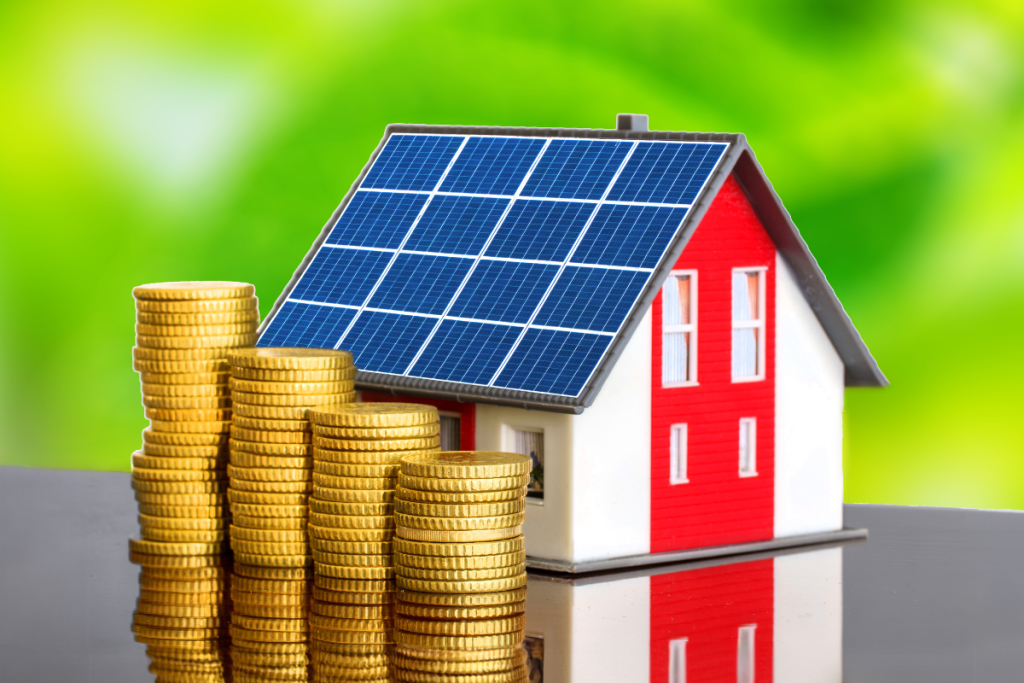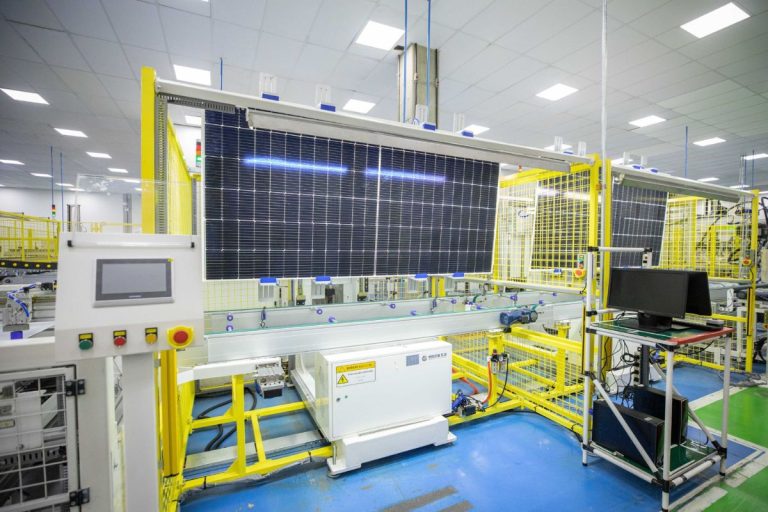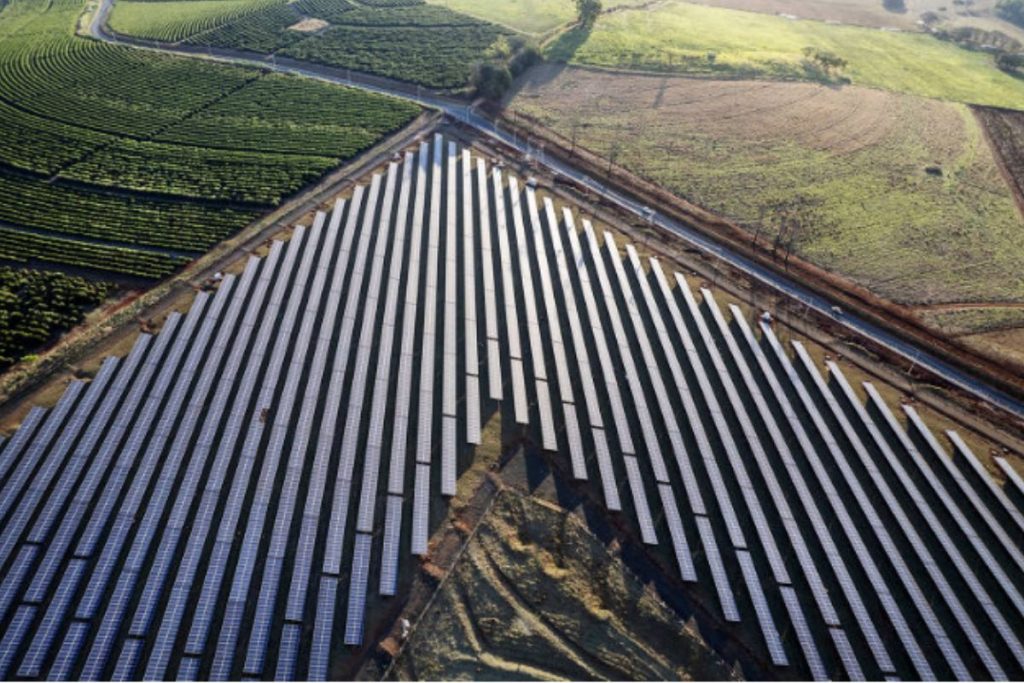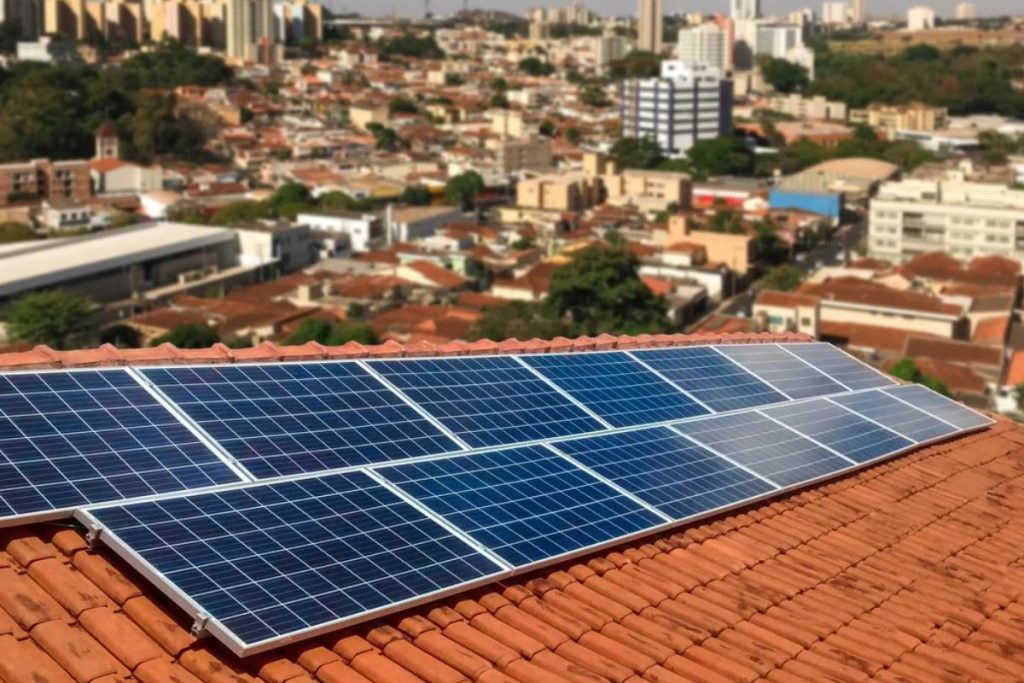In recent years, solar energy has become an increasingly attractive alternative for consumers looking to reduce costs and adopt a sustainable source of electricity. However, taxation on the surplus energy generated has always been a point of debate. Recently, a decision by the Goiás Court of Justice (TJGO) suspended the collection of ICMS on solar energy in the state, bringing significant impacts for consumers and investors. Understand the details of this measure and what it means for the sector.
Court suspends ICMS tax on solar energy in Goiás
The Goiás Court of Justice (TJGO) suspended the collection of the Tax on the Circulation of Goods and Services (ICMS) on surplus energy generated by distributed mini and micro-generation systems. The decision was made on January 29, 2025 and benefits consumers who use solar panels to generate electricity.
The measure was in response to a Direct Action of Unconstitutionality (ADI) filed by governor Ronaldo Caiado and deputy governor Daniel Vilela. Both questioned the legality of charging the tax on surplus energy injected into the electricity grid. With the suspension, the tax will no longer be applied while the case is being analyzed by the courts.
Understand the case
ICMS is a state tax levied on the movement of goods and services, including electricity. In the case of solar energy, the tax was levied on the surplus produced by consumers and injected into the distribution network, even if this energy was later used for own consumption.
The TJGO's decision was based on the principle of non-cumulative taxation, laid down in the Federal Constitution. This principle establishes that a product or service should not be taxed at more than one stage of the production chain, avoiding so-called double taxation. As surplus solar energy does not qualify as a sales transaction, the ICMS charge was deemed unconstitutional.
In addition, the court took into account the environmental impacts of the tax. By taxing solar energy, the state was discouraging investment in a clean and renewable source, contrary to the constitutional principles of encouraging sustainability. With the suspension of the tax, it is hoped that distributed generation will become more accessible and profitable for consumers.
Next steps
With the suspension of the ICMS tax, the solar energy sector in Goiás has received a positive boost. The decision could stimulate new investments and expand access to photovoltaic technology, making the solar source more competitive in relation to traditional energy generation options, both for residential use and in the case of solar energy in agribusiness.
However, the issue has not yet been completely resolved. The final judgment of the ADI has yet to be concluded, and there is the possibility of appeals or new legal interpretations. In addition, the TJGO's decision may serve as a reference for other states facing similar questions about the taxation of solar energy.
The expectation is that the case will contribute to a broader debate on tax policy in the electricity sector and the role of renewable energy in the Brazilian energy matrix. In the meantime, consumers and investors are keeping a close eye on the unfolding of the lawsuit, which could define the future of solar energy in the state and influence other regions of the country.








